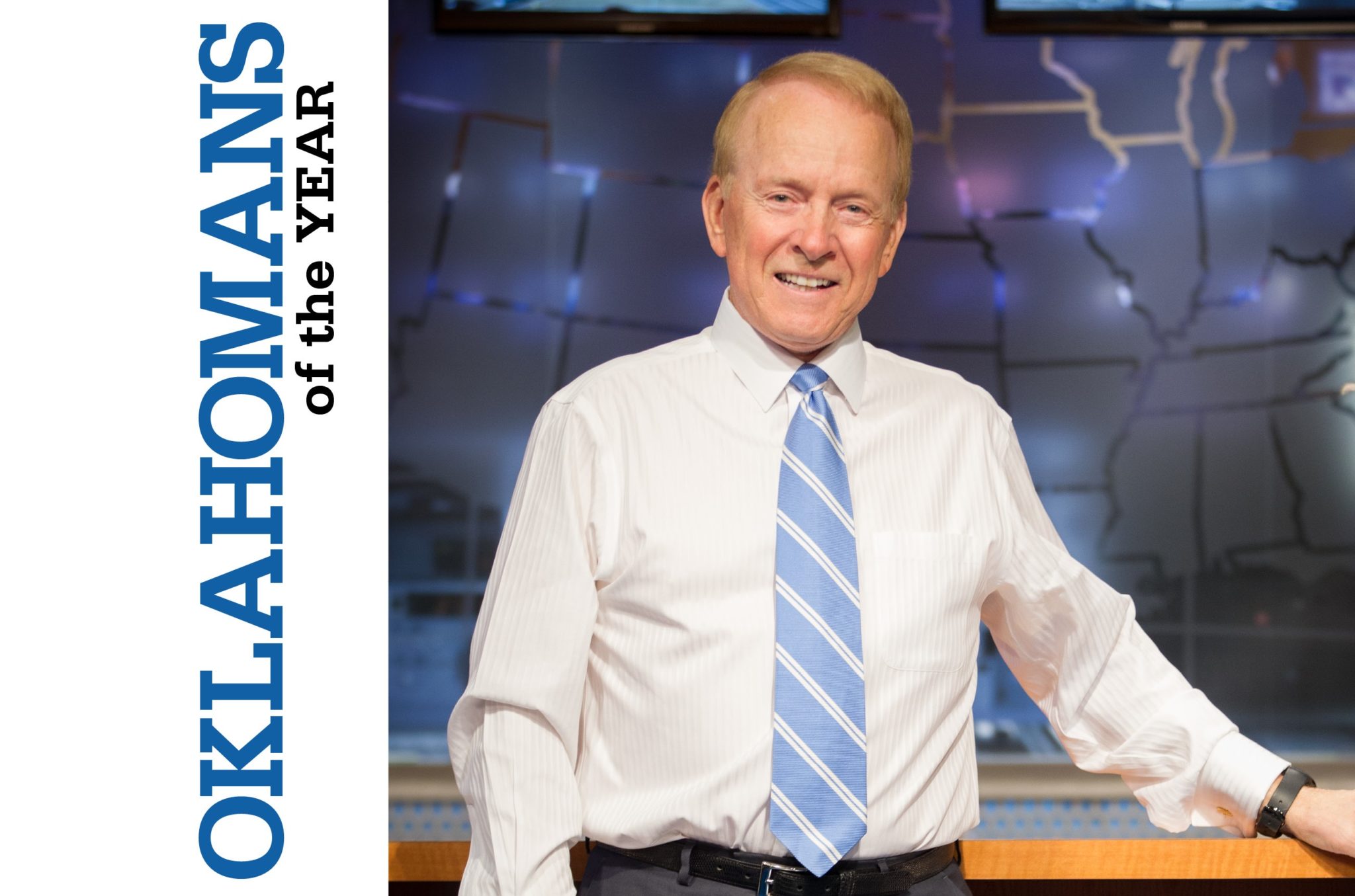Chris Lieberman and Philip Kaiser

When Tulsa’s beloved DFest passed into history, many lamented the loss of the music festival. But friends, music lovers and Tulsa boosters Philip Kaiser and Chris Lieberman stepped in to fill the void – even if they had never before organized a music festival.
The result of their effort: The Center of the Universe Festival in July 2013, which attracted 80,000 people to the Brady Arts District over two days and instantaneously elevated Tulsa back to the attention of music festival lovers around the country.
“Neither one of us had ever done a music fest,” says Kaiser. “We were very lucky to pull together a team of extremely talented people. Still, we had the support of the businesses in the Brady District, the city and a lot of people who wanted us to succeed.”
Lieberman says the duo heard from some friends that a large-scale festival couldn’t be put together in the short time available. “That just made us want to succeed more,” he says.
Both men brought diverse experiences to the effort. Kaiser has opened successful restaurants in Israel and in Tulsa (including Cosmo Cafe and Laffa Medi-Eastern Restaurant & Bar) and is active in numerous nonprofit organizations. Lieberman founded and manages the Williams Route 66 Marathon, which, in its eighth year, generated millions of dollars in economic impact for the region.
The two men founded Tulsanity, Inc., which produces the nonprofit Center of the Universe Festival.
“One of the great things about keeping the festival nonprofit and local is that everyone comes,” Kaiser says.
Kaiser, Lieberman and company started organizing for the July 2013 event in December 2012. In the world of major event planning, that is an incredibly short period of time.
“We had to start with a budget,” Lieberman says. “We’d never done a festival before, but there were a few similarities to organizing the marathon. We must have had two or three meetings a week, learning how things are done and moving ahead. We didn’t even book talent until February, and we’d never even seen a recording artist contract before. We almost put it off a year; it was a tight timeframe.”
What they did have was desire, commitment to Tulsa and the support of virtually everyone in the community. The results might have been surprising.
“We’d hoped to have 20,000 people each night,” Lieberman says. “That’s what we told the sponsors who would even talk to us. Now some of those same sponsors are calling us.”
Some 80,000 people attended the two nights of the festival, catching the organizers by surprise, but also cementing the festival as a new summer classic for Tulsa.
“When tickets hit 60,000 – I think we knew we were going to have a lot more people than we thought,” Kaiser says.
Lieberman says he “knew in his heart” that the festival would be a success because a live-music-loving Tulsa would support it. Still, there came a moment when the sheer enormity of the accomplishment felt vividly real.
“The best moment was Saturday night when we got the core people on stage together, and we looked out and there were people as far as we could see,” says Lieberman. “That’s when we realized we’d succeeded.”























